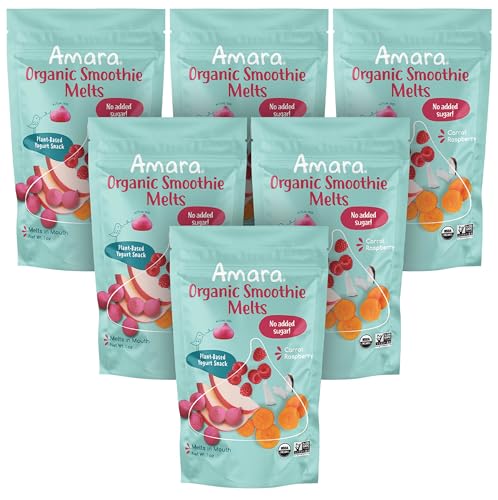Caprice_Acres
Member
I'm fairly certain I'm seeing coccidia problems in my rabbitry. This is my second doe this year that lost drastic condition through her pregnancy despite no changes in diet and even increasing her pellet intake. The first one died when her babies were a week old. She had a big belly and had developed diarrhea. This doe does not have diarrhea but she just kindled on tuesday and has poor condition. She was in decent condition when bred.
I have 40% Dimethox (400mg/ml) on hand for my goats. After finding a doseage online and confirming it in a couple places, I found that the dose is 50mg/kg day one, 25mg/kg days 2-9. She's 10lbs, so I plan on doing .6cc day one, and .3cc for the next days.
I want to do a herdwide treatment in their water to make it easier on my father who actually does the chores during the week. In the goat world, I've heard sulmet is largely ineffective. Also, corid is more a preventative drug, and I need a treatment drug. I would prefer to stick with a sulfadimethoxine, and I know they make a powder and a 12.5% dimethox/albon solution.
What product does everybody use? What mix rate? Could I mix up a large batch and use it till it's gone, or does it have to be mixed daily?
Thanks!
I have 40% Dimethox (400mg/ml) on hand for my goats. After finding a doseage online and confirming it in a couple places, I found that the dose is 50mg/kg day one, 25mg/kg days 2-9. She's 10lbs, so I plan on doing .6cc day one, and .3cc for the next days.
I want to do a herdwide treatment in their water to make it easier on my father who actually does the chores during the week. In the goat world, I've heard sulmet is largely ineffective. Also, corid is more a preventative drug, and I need a treatment drug. I would prefer to stick with a sulfadimethoxine, and I know they make a powder and a 12.5% dimethox/albon solution.
What product does everybody use? What mix rate? Could I mix up a large batch and use it till it's gone, or does it have to be mixed daily?
Thanks!



















































